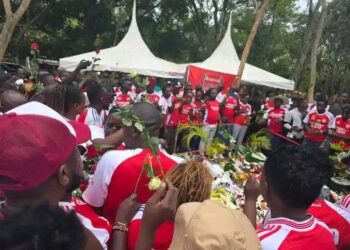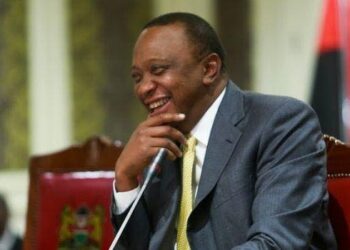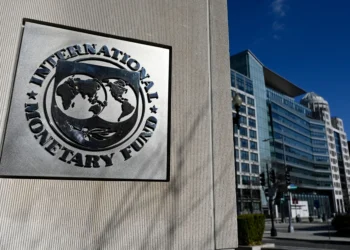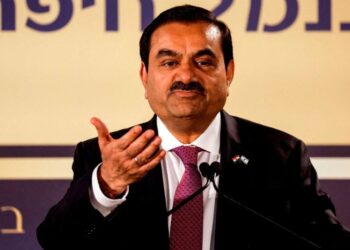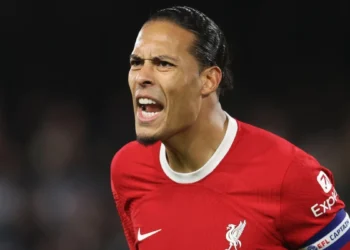In a shocking revelation, former Deputy President Rigathi Gachagua has accused President William Ruto of orchestrating corruption within Kenya’s Parliament, alleging that Ruto paid MPs KSh 10 million each to secure Gachagua’s impeachment in 2024.
Speaking on August 26, 2025, Gachagua claimed that Ruto’s accusations of parliamentary corruption are a deliberate tactic to deflect scrutiny from his own involvement in numerous scandals plaguing the country.
These explosive allegations have reignited debates about governance and accountability in Kenya, raising questions about the integrity of the nation’s leadership. Gachagua’s claims centre on his impeachment, which saw 291 MPs in the National Assembly vote to remove him from office, a historic first for a Kenyan deputy president.
He alleges that Ruto personally orchestrated the process by bribing legislators to ensure the required two-thirds majority. “President Ruto is the one who taught MPs to be corrupt,” Gachagua stated, accusing the president of manipulating Parliament to push his political agenda.
The former deputy president further asserted that Ruto’s public criticism of MPs as corrupt is a smokescreen to divert attention from his own alleged involvement in high-profile scandals, including financial irregularities in the eCitizen platform and questionable empowerment funds.
The accusations have sparked widespread discussion, with posts on X reflecting public outrage over systemic corruption in Kenya’s government. Citizens have expressed frustration over stalled development projects, rising costs of living, and a lack of transparency in public spending.
Gachagua’s remarks align with sentiments from former Chief Justice David Maraga, who recently dismissed Ruto’s anti-corruption campaign as hypocritical, citing the same impeachment as a case of “diabolical bribery.”
Political analysts suggest that these allegations could further erode public trust in both the executive and legislative branches, as Kenyans demand accountability from their leaders.
The impeachment process, governed by Article 145 of the Kenyan Constitution, requires substantial evidence of gross misconduct or constitutional violations.
Gachagua maintains that the charges against him, including corruption and inciting ethnic divisions, were fabricated to silence his criticism of Ruto’s administration.
Users have pointed to the president’s failure to address scandals like the KSh 9 billion lost in the eCitizen platform and unaccounted billions in empowerment funds. “Ruto accusing MPs of corruption is laughable when he’s the chief architect,” one post read, echoing Gachagua’s sentiments.
As Kenya grapples with economic challenges and public discontent, these allegations highlight a growing divide between the government and its citizens.
Gachagua’s accusations have also intensified calls for parliamentary reform. Analysts argue that the alleged bribery of MPs to secure his impeachment exposes systemic flaws in Kenya’s legislative process. “If MPs were paid KSh 10 million each, it shows Parliament is a marketplace for loyalty,” said political commentator Kelvin Ochol.

